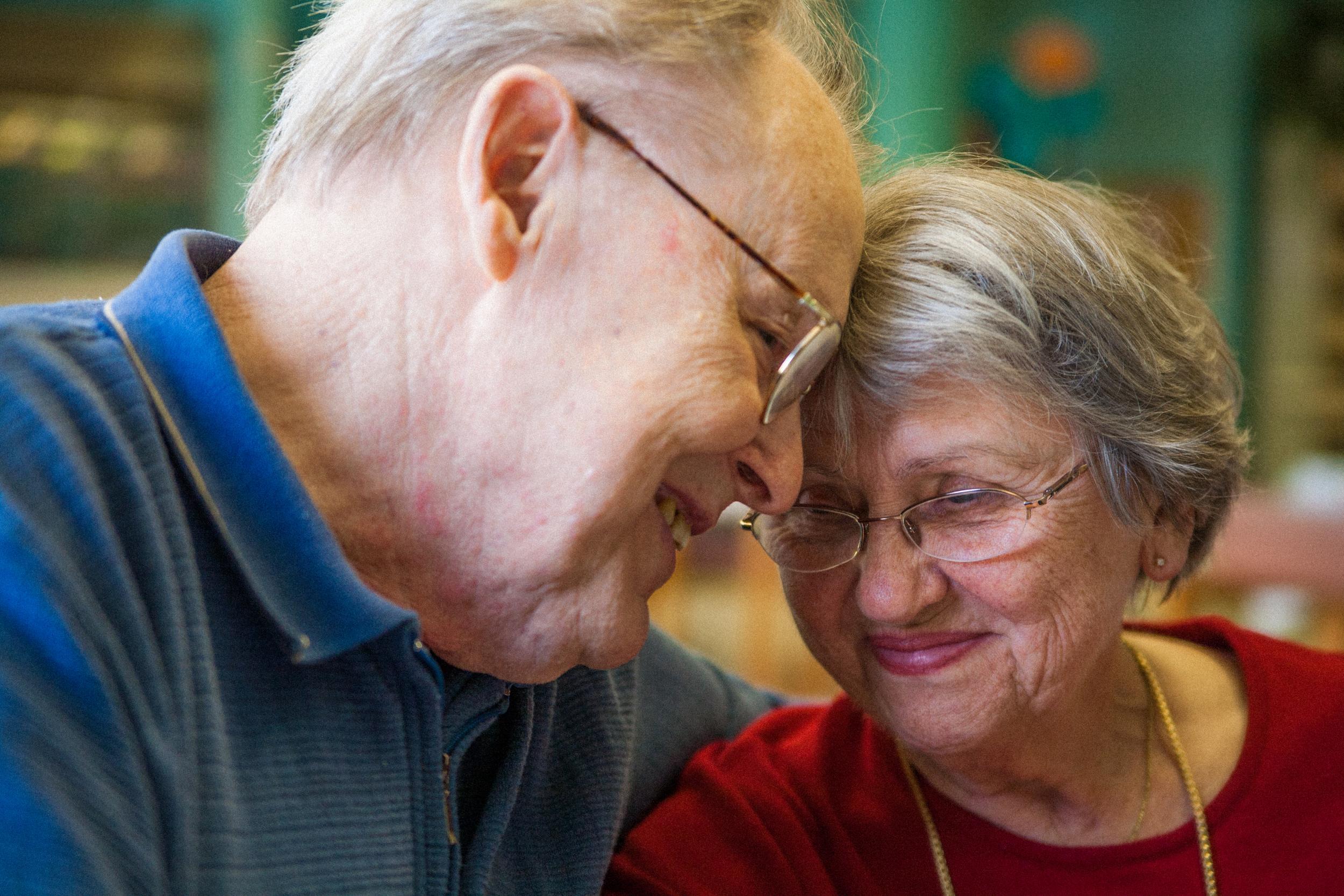The Independent's journalism is supported by our readers. When you purchase through links on our site, we may earn commission.
Use positive psychology to transform your relationship in four steps, authors suggest
The husband and wife team utilises the power of positive psychology in their own relationship

Your support helps us to tell the story
From reproductive rights to climate change to Big Tech, The Independent is on the ground when the story is developing. Whether it's investigating the financials of Elon Musk's pro-Trump PAC or producing our latest documentary, 'The A Word', which shines a light on the American women fighting for reproductive rights, we know how important it is to parse out the facts from the messaging.
At such a critical moment in US history, we need reporters on the ground. Your donation allows us to keep sending journalists to speak to both sides of the story.
The Independent is trusted by Americans across the entire political spectrum. And unlike many other quality news outlets, we choose not to lock Americans out of our reporting and analysis with paywalls. We believe quality journalism should be available to everyone, paid for by those who can afford it.
Your support makes all the difference.Everlasting love can be more than just something you see in Disney movies - if you master four habits from the field of positive psychology.
That’s according to a husband and wife team who’ve spent the last decade researching positive psychology and working on a book trying to distil the secrets to relationship success into bite-size rules.
According to Suzie Pileggi Pawelski and James Pawelski, authors of "Happy Together: Using the Science of Positive Psychology to Build Love that Lasts," positive psychology or “the scientific study of what makes individuals and communities thrive,” is key to a happy relationship - and of the habits that contribute to a healthy relationship, they told The Independent: “there are four in particular that are especially important for relationship well-being:
“Promoting a healthy (rather than an obsessive) passion, cultivating and prioritising positive emotions, taking time to mindfully savour experiences together, and seeking out strengths in one another.”
And while the habits may seem simple, they are effective.
Suzie told The Independent that simple ways to cultivate this harmonious passion can be through sharing secrets, “A meaningful childhood memory, a vivid dream, or a hope for the future,” maintaining life outside of your relationship, continuous work on your relationship, and looking for ways to “connect, not compete.”
Because just as any muscle requires exercise to keep it functioning correctly, so too do relationships.
“Unlike in fairy tales, happily ever after doesn’t just happen. Rather, it’s healthy habits that leads to happiness over the long haul,” Suzie told The Independent.
But the good news is “With time and practice though, like with any endeavour, the work becomes easier and doesn’t feel like work anymore,” according to Suzie, and “Being intentional about strengthening our relationships, like strengthening our muscles at the gym, is something that everyone can do to build a more sustainable and satisfying relationship.
The couple has seen the impact this continuous dedication has on their relationship - as well as the relationships of couples who have used positive psychology.

For Suzie and James, they saw how positive psychology could help strengthen their relationship while writing their book.
The couple says that during the stressful period of working on the book together, they used the techniques outlined in their new work to stay close.
“We lived and breathed the concepts that we are teaching about understanding, appreciating, and respecting one another’s unique strengths. During the tough times, we practised remembering to acknowledge the uniqueness of our personalities and what we each bring to writing a book together.
Seeing them as differences, not deficits, enabled us to continue working together and brought us closer together. Working together allowed us to write a much stronger book than either of us would have been able to create on our own.
And the tips apply to any romantic relationship.
According to Suzie, “Many people are telling us how they are reading the book with their partner, enjoying the exercises and have the book on their nightstand. Some have told us that they are rereading it and referring back to it for tips and tools to continue practising it in their daily life.”
And if, after reading this, you think you’re in a failing relationship, Suzie has some encouraging advice: it’s not too late to save it.
“A key point is the realisation. As long as one is willing to make the effort, an individual is able to work on transforming the relationship by finding and feeding the good in oneself and one’s partner.”
The book is for anyone who is in a relationship or who wants to be in one. It's useful for people who already have good relationships and want to learn how to make them better as well as for those who have settled into unsatisfying routines and want to improve their relationship. It’s for singles who may have not yet been in a relationship, couples and the newly single.
Join our commenting forum
Join thought-provoking conversations, follow other Independent readers and see their replies
Comments